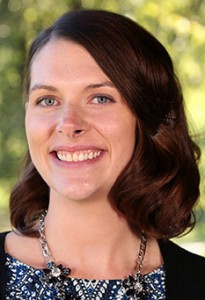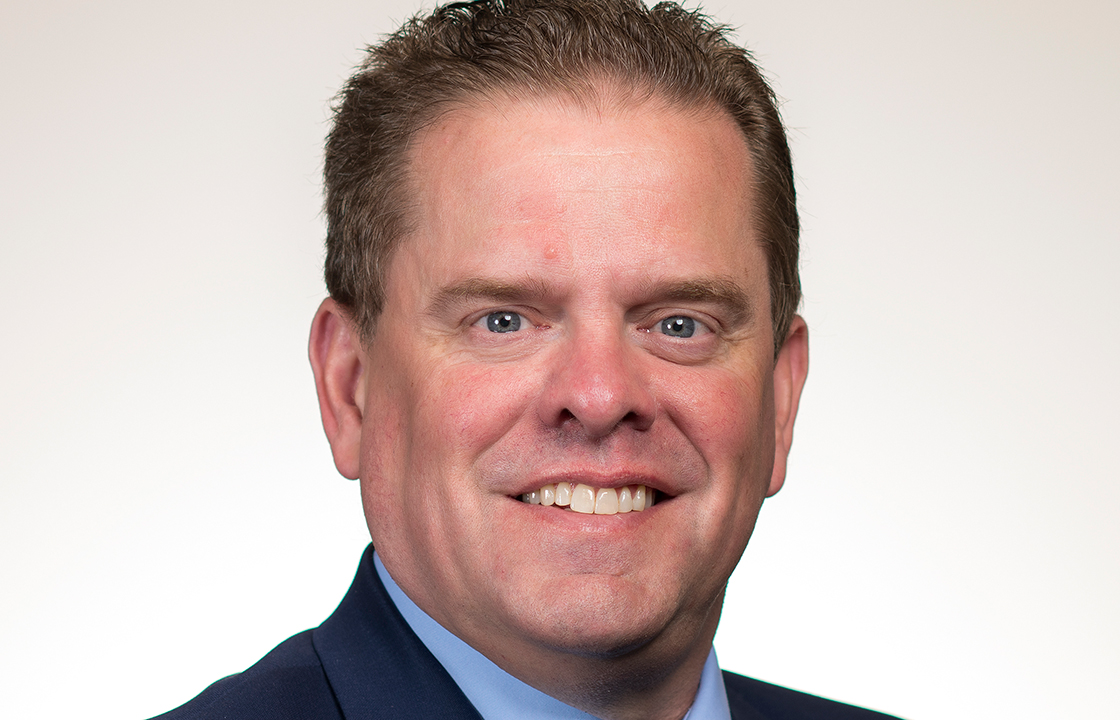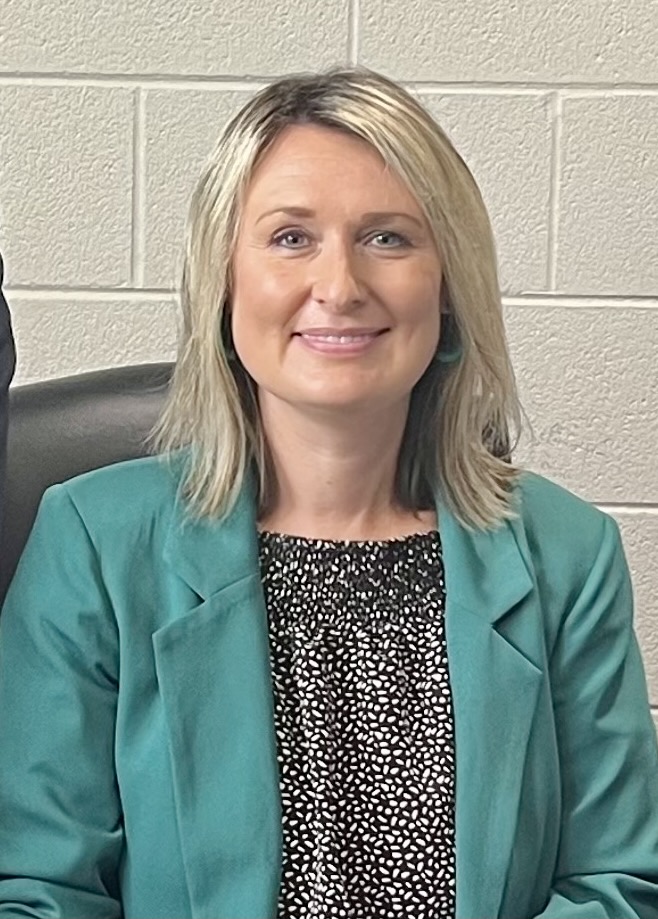
Ashley Lamb-Sinclair
By Ashley Lamb-Sinclair
ashley.lamb-sinclair@education.ky.gov
The best haircut I ever had was given to me nearly seven years ago by a local stylist named Tameka. She books up at least six months in advance, so if you’re impulsive with your haircutting habits like I am and don’t have the patience to wait that long, you settle for the average stylists you can find on the fly.
But a few weeks ago, I struck gold when I called for my haircut and discovered that only moments before, someone cancelled and Tameka had an available appointment. I could not believe my luck when I found myself sitting in her chair, basking in the glow of true skill and insight.
Tameka had become a legend in my mind over these years, so I wanted to pick her brain. I wanted to know what made her tick. I questioned her incessantly about her professional engagement. And just like the teachers I know and adore, it took only seconds for the passion to unleash. She launched into a tirade about professional growth when I asked her about continuing education requirements for stylists.
“You know, we always have these shows where master stylists come to teach us new trends and techniques, and it amazes me how much other stylists resist them,” Tameka said. “It takes courage and a comfort with risk to be really good at this work.”
Listening to her felt like listening to the best teachers I know. Like Tameka, these same teachers also express frustration with peers who resist risk and who insist on sticking to the status quo. I think our reluctance to embrace risk comes down to the fact that educators don’t like to be wrong. We are supposed to be the “sage on the stage.” If we’re wrong, it encroaches on our identities.
In a recent podcast on Freakonomics Radio, host Stephen Dubner asked, “What are the three hardest words to say?” Those three words? I don’t know. Dubner said research proves that people would rather pretend they know the answer than admit to not knowing.
Why do we do this to ourselves? It’s easy to imagine the time, money, effort and talent that is tossed down the drain due to pride and fear of the unknown.
I see this all the time in education. New research comes out, we talk about it in the copy room or policymakers discuss it in meeting rooms and then we merrily go about our business ignoring it. The problem here is that we’re not just talking about wasted money and time in education – although that is definitely a concern. We’re talking about wasting the potential of human beings. We’re talking about kids.
The worst advice I ever got as a teacher – aside from “Don’t smile until Christmas” – was “Never let the kids know you don’t know.” For the little while I heeded this advice. I was miserable because it prevented me from being authentic and human. It also prevented my students from recognizing that I am also a learner, and allowing all of us to take risks and learn together.
Once I threw out this thinking, my life as an educator transformed. My identity transformed. I no longer felt like I had to be right all the time, and I allowed myself to try and fail more. I like to think my students are the better for it.
When you say “I don’t know,” you’re acknowledging the beginning of something, you’re taking the first step off the well-traveled path. It’s a risk and you might fail. But if we’re in the business of teaching and learning, we can’t do our best work unless we embrace failure as part of our process.
In Tameka’s case, if she fails, she could ruin someone’s hair. But hair grows back. As an educator, if I try something new and it fails, it might hurt a child’s learning and his or her future success.
In the midst of testing season, look around your schools. I guarantee you’ll find kids schlepping around, counting down the days and completing lots of irrelevant activities just to pass the time. What could be more harmful for young learners?
But what if during these last days of school, we weren’t married to the idea of “seat time” and our seniors could finally do something relevant like job shadow or intern as they prepare for adulthood? What if we rethought teacher time these last few weeks of the school year and arranged our schedules to allow for more collaborative planning time? What if our youngest students had opportunities to engage their curiosity and sense of play, rather than wait out the days staring out the window of their classrooms?
And it’s not just about testing season. We could embrace new ways of educating our students if we allowed ourselves to rethink our habits and take some risks.
So here we are. We have a new governor, a new commissioner and a new federal law. We are at the beginning of something. We can say “I don’t know” and learn and grow together, or we can keep on doing school the way we’ve always done it. Look around your classroom this beautiful May day and ask yourself if that is wise.
Just like Tameka, I’d rather work on being one of the best. I’d rather challenge myself and voice the need for our school leaders and policymakers to challenge themselves too.
I encourage you to take that challenge too.
Ashley Lamb-Sinclair is the 2016 Kentucky Teacher of the Year, a National Board certified teacher and is in her 10th year of teaching. She has taught in Fayette and Jefferson counties and now teaches English and creative writing at North Oldham High School (Oldham County). She currently is on sabbatical from her classroom and working at the Kentucky Department of Education.



Leave A Comment